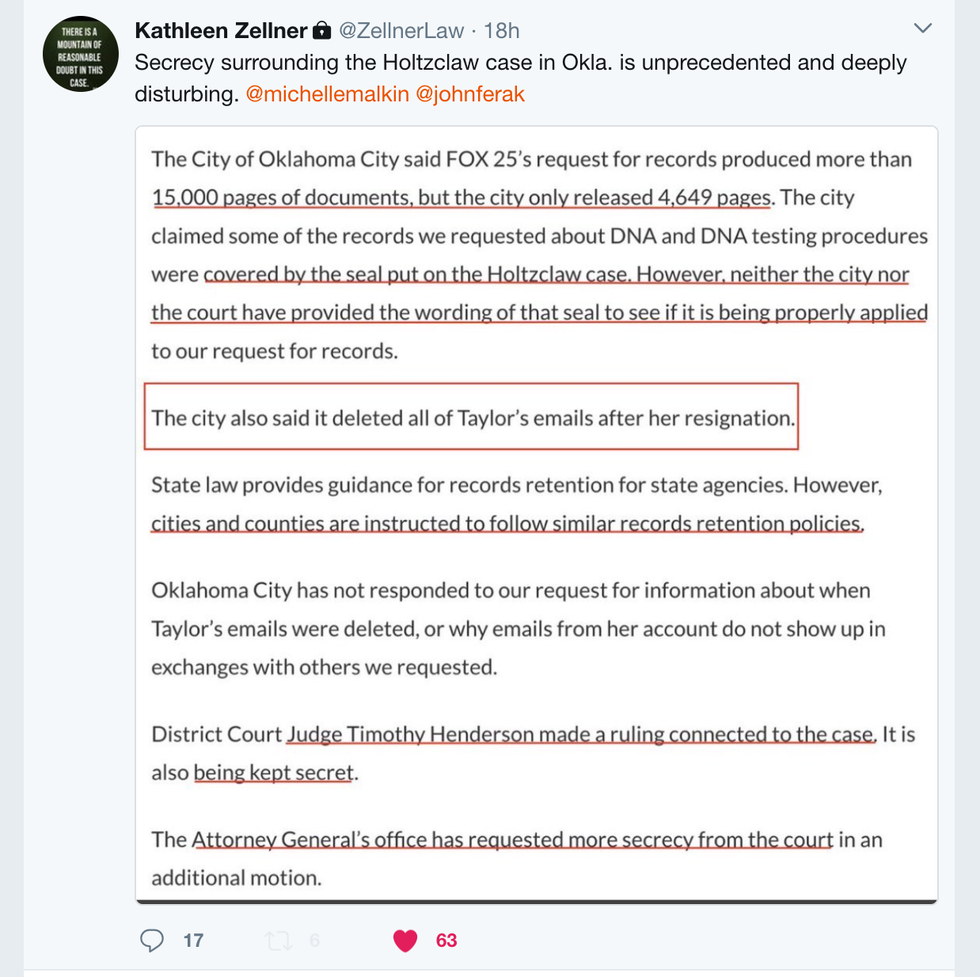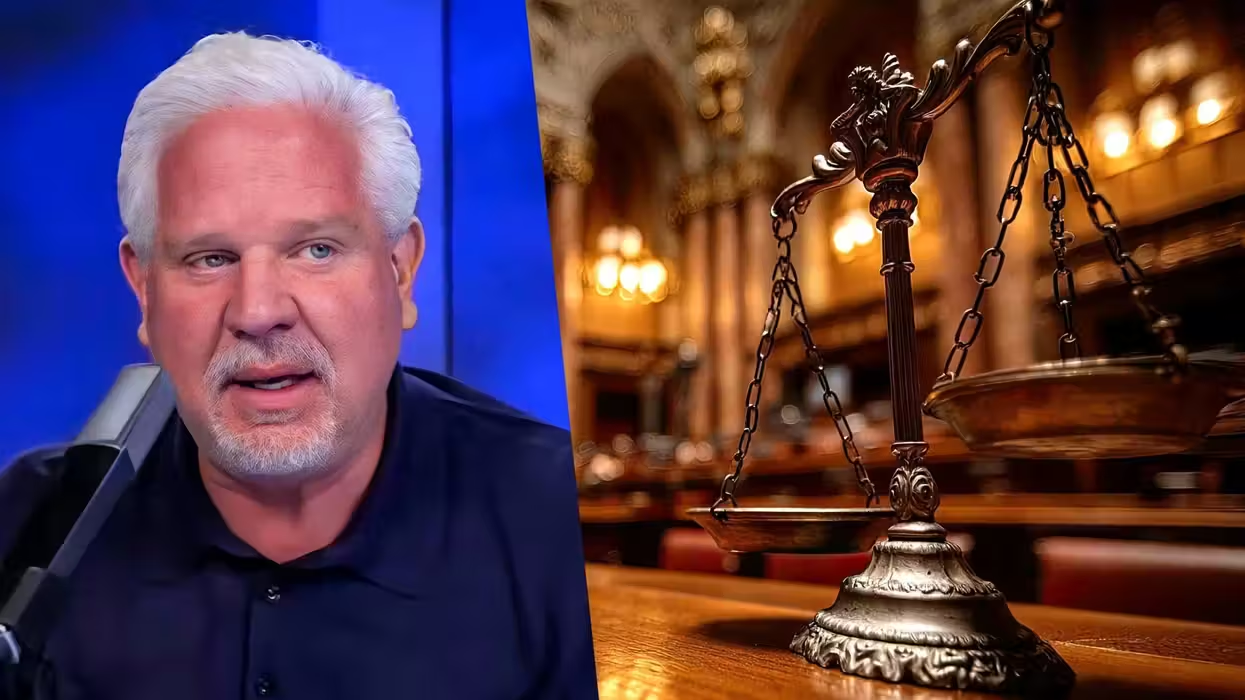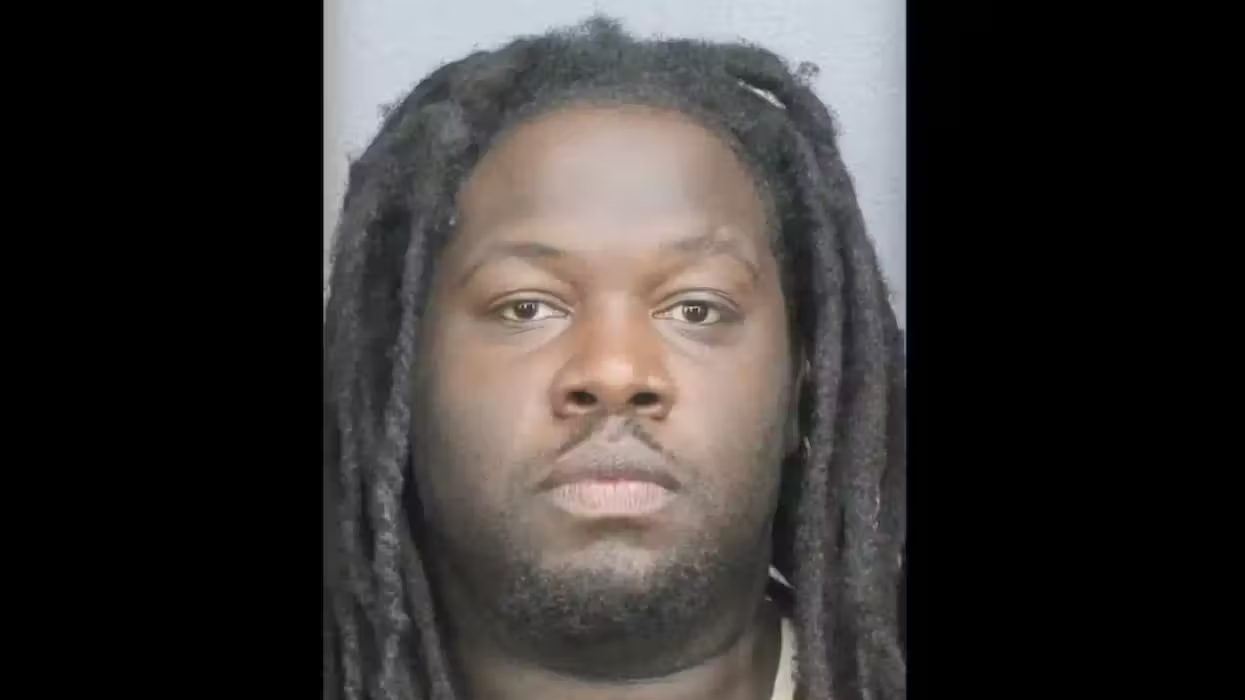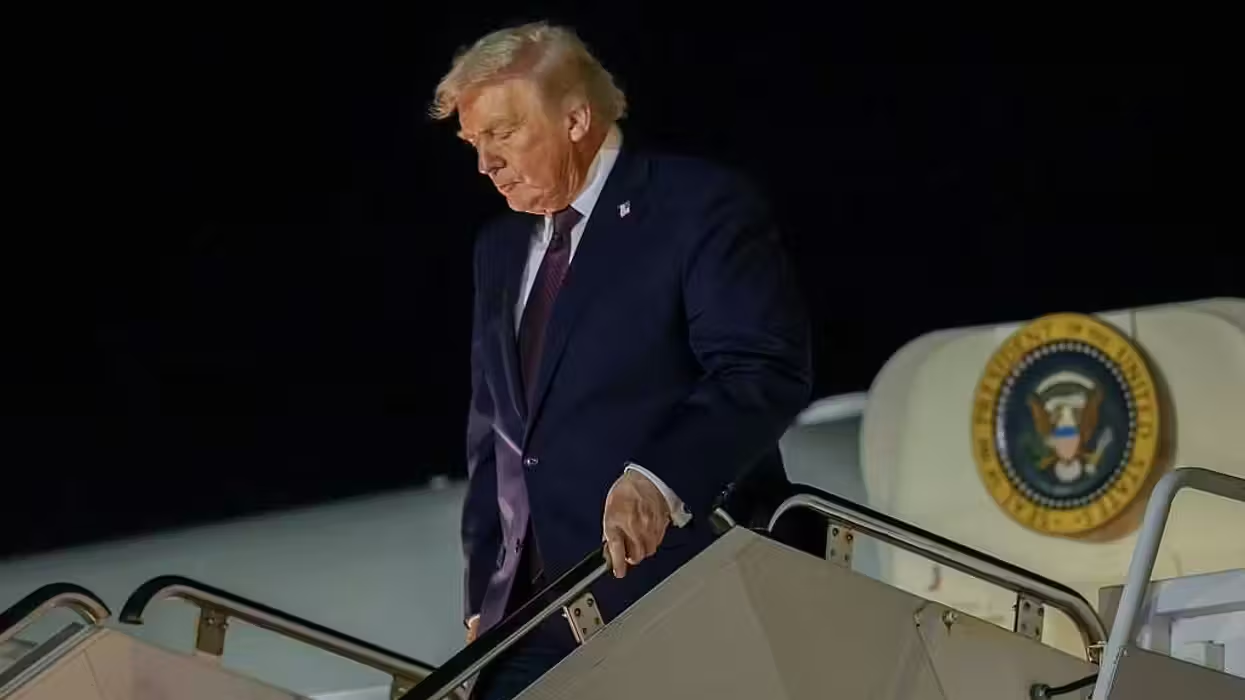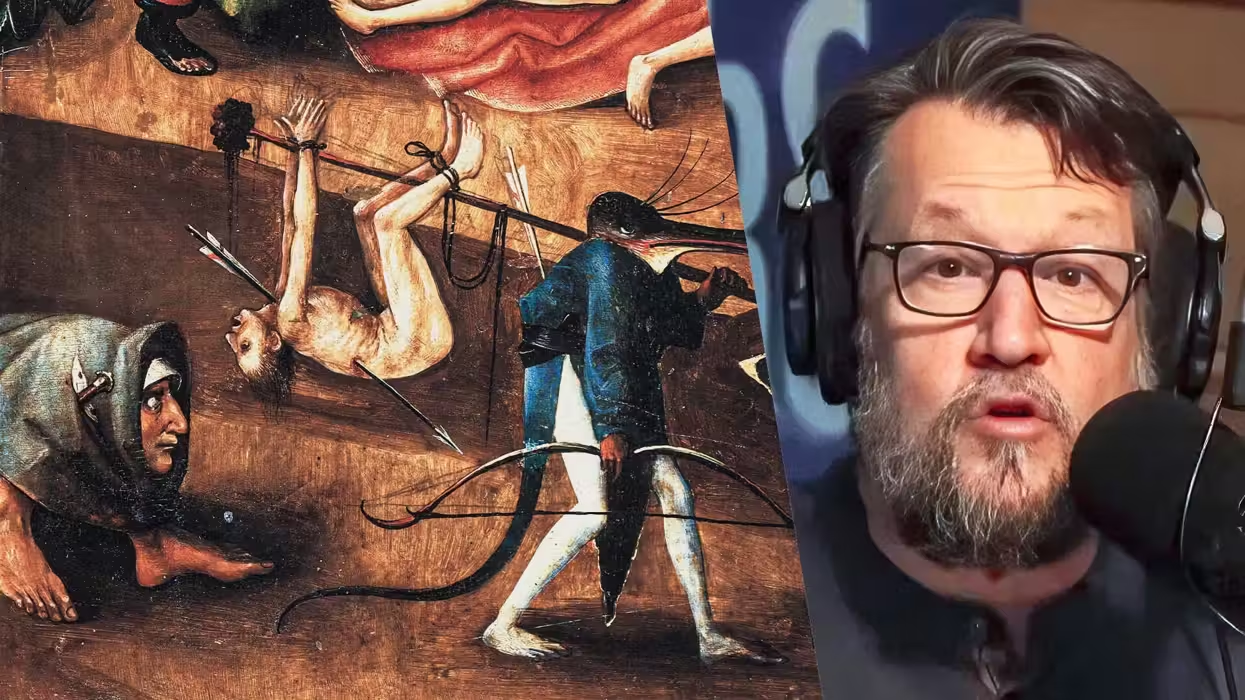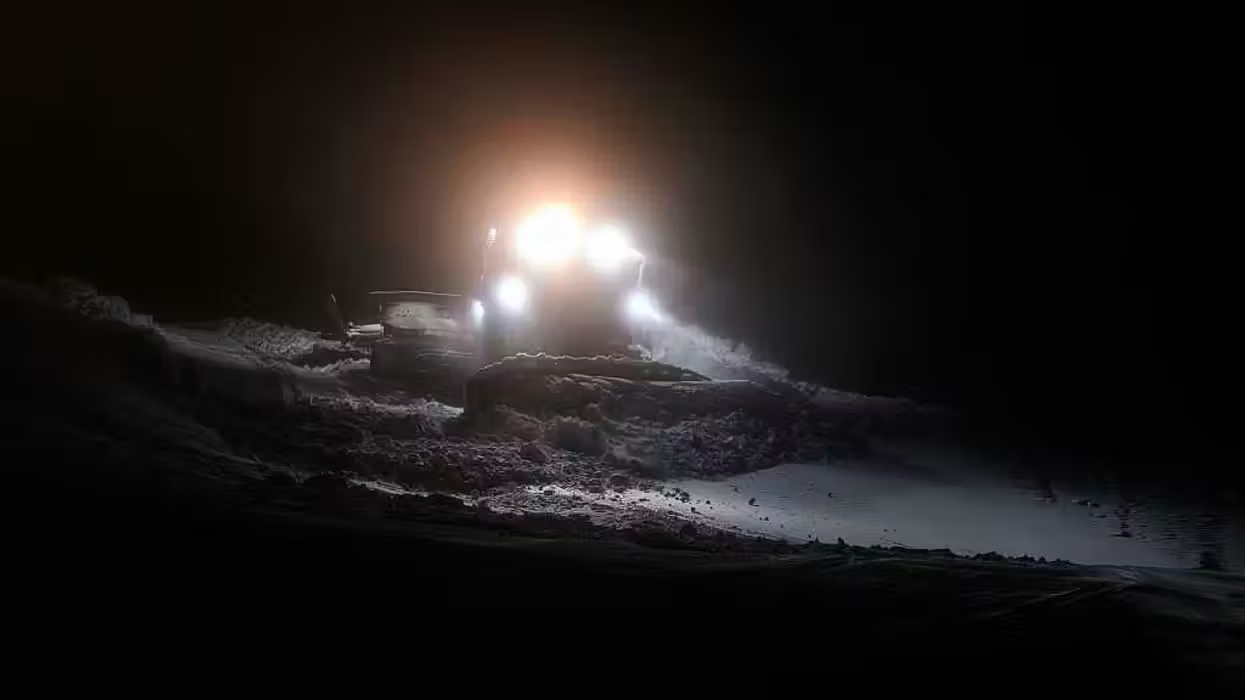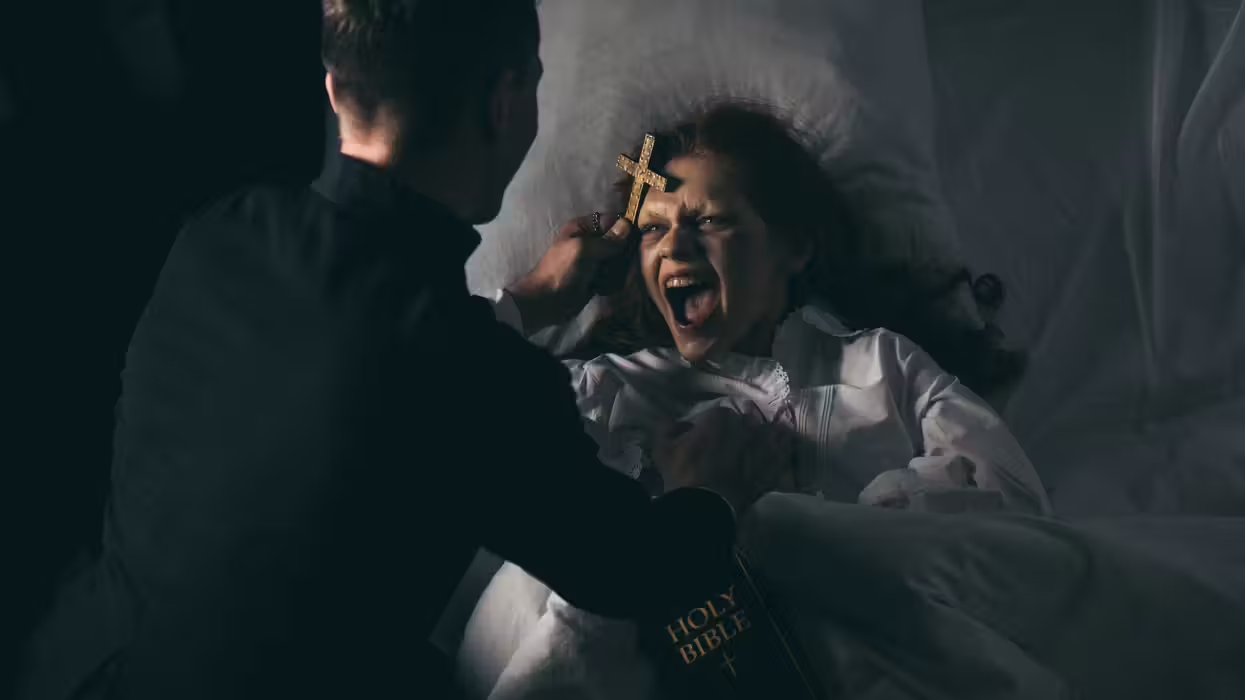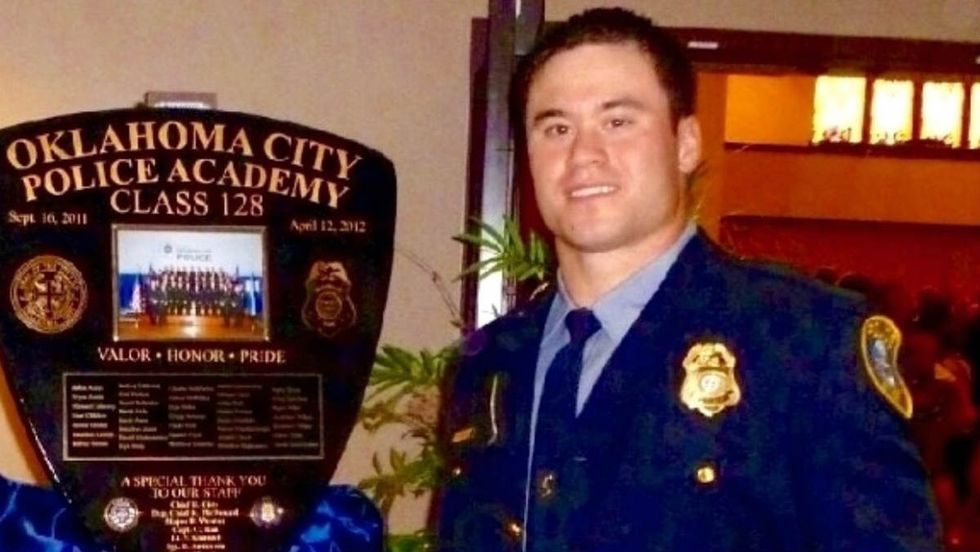
© 2025 Blaze Media LLC. All rights reserved.
There may be a heat wave in Oklahoma this week, but sunshine is nowhere to be found in the Sooner State’s court system when it comes to the Daniel Holtzclaw case.
In May, the state attorney general’s office filed sealed evidence and a sealed motion with the Oklahoma Court of Criminal Appeals, which is considering Holtzclaw's direct appeal filed by public defenders on February 1. (My latest CRTV.com broadcast report on the appeal is available here.)
The OCCA then filed sealed orders remanding the secret cause back to the trial judge, Timothy Henderson. He convened secret hearings in a locked courtroom on June 26 and 27. Holtzclaw's attorneys were excluded. Attendees were uncovered thanks to public information requests by two local OKC TV reporters for surveillance video at the courthouse. The attendees included the judge, a court reporter, representatives from the state AG's office and the DA's office, Oklahoma City’s civil attorney's representative, and the Oklahoma City Police Department crime lab supervisor. (Read DNA Deception: What the Daniel Holtzclaw Jury Never Heard.)
Transcripts of the hearing were filed under seal. The trial judge filed additional secret orders with the OCCA. One day after those sealed filings, the state AG filed an emergency motion, also under seal. The OCCA then immediately filed a "clarification order" under seal. (The full appellate docket for Holtzclaw's case is here.)
Holtzclaw's lawyers and Holtzclaw himself have been left completely in the dark to this day about all of these filings and hearings. Brian Bates, the vigilant private investigator who served on Daniel’s original defense team, is keeping a close eye on the secret proceedings and maintains updates here. After Bates visited the court clerk’s office and asked why the OCCA was not following its own rules regarding disclosure of protective orders, a local reporter did the same and was told by a court employee:
"Those are rules ... and rules are written by the court and the court can override their own rules," the employee explained.
Make no mistake: There may be legitimate reasons for secrecy. In fact, I was quite willing to give the court and the state AG the benefit of the doubt when the original sealed motions and orders were filed. But the stubborn refusal to provide any explanation or disclosure about the scope of the secrecy orders over the past several weeks has eroded that benefit.
Don't miss a minute of Michelle Malkin's Holtzclaw coverage on CRTV. Sign up now!
Moreover, the complete exclusion of Holtzclaw and his public defenders from the entire process does not inspire confidence or trust.
Oklahoma has a sordid history of misconduct, junk science, obstruction, and secrecy in high-profile criminal and death penalty cases. The Richard Glossip appeal is ongoing there. There was also a previous notorious crime lab scandal in Oklahoma City involving Joyce "Black Magic" Gilchrist and assistant DA "Cowboy" Bob Macy that put countless innocent people behind bars and on Death Row — part of a nationwide crisis in America’s crime labs that I reported on last week.
Excessive secrecy in the courts is also a nationwide problem. UCLA law professor Eugene Volokh blogs about the issue at the Washington Post and recently highlighted the work of law students of Jonathan Manes, who runs the Civil Liberties & Transparency Clinic at SUNY Buffalo Law School. His students concluded after reviewing sealed cases, documents, and opinions across the country that “overbroad sealing practices are corrosive to public trust in the judiciary. When the public cannot see what the courts are doing, it is impossible to tell whether the courts are exercising their authority properly.”
This week, I contacted Professor Manes for his assessment of the secret proceedings in Holtzclaw’s case. With his permission, I am reprinting his response:
I wasn’t aware of the Holtzclaw case and it seems like exactly the kind of egregious judicial secrecy practice that we’re concerned about. It’s surprising how often this sort of thing pops up all around the country.
I don’t know the details of this case, but based on the description you’ve provided and the news accounts, it does seem that the extent of secrecy in this case is extraordinary. At a minimum, you would expect that the court would issue an order publicly explaining the scope of the sealing order and the reasons for excluding the public. A number of appellate courts have found that the First Amendment imposes these requirements. It doesn’t look like the court has done that here.
It seems there are a couple other potential legal problems here. First, courts aren’t supposed to hold secret hearings unless they notify the public in advance, so that journalists or others have an opportunity to file a motion to challenge the secrecy before the hearing happens. It’s unclear whether that happened here.
Second, the fact that defense counsel has been excluded from these proceedings raises potential Due Process concerns, particularly in a criminal case.
Third, the fact that the court is departing from its own rules regarding protective orders strikes me as less problematic in principle, but still woefully underexplained in this case. It generally is the case that a court can make an exception to its own rules of practice in a particular case. I don’t know how it works in Oklahoma, but usually court rules are not imposed by statute, but are issued by the court itself as an exercise of the court’s power to manage its own procedures. As a result, it’s not all that unusual for courts to vary the rules in a particular case when there is good reason to do so. But you’d expect that they’d at least provide a rationale for departing from those rules.
One caveat: Sometimes courts can’t fully explain the reasons for secrecy in public because doing so would itself compromise legitimately secret information. I have in mind, for example, situations involving confidential informants where the court doesn’t want to disclose information that could unmask the informant. But even in that kind of case, courts can describe the scope of the secrecy order, and they can almost always give some public explanation for secrecy. This case seems highly unusual both because of how much seems to have happened in secret, and how little public explanation has been given.
My bottom line: Even if the reasons for all this secrecy turn out to be benign, it certainly undermines public confidence in the fairness of the proceeding and probably undermines the actual quality of the proceedings too. Public scrutiny keeps judges and lawyers on their toes. It also allows members of the public to come forward if they have relevant evidence.
I will continue to report on new developments and information here, in my syndicated column, and on my CRTV.com program, “Michelle Malkin Investigates.” Stay tuned to Season 2 for a new upcoming episode on Daniel Holtzclaw and other railroaded citizens who survived wrongful convictions.
Update, 7/31/17:
The Oklahoma City Police Department has disclosed to two local Oklahoma City reporters that it has destroyed all of the e-mails of OCPD crime lab analyst Elaine Taylor, who reportedly “retired” in February.
Via Fox 25:
The City of Oklahoma City said FOX 25’s request for records produced more than 15,000 pages of documents, but the city only released 4,649 pages. The city claimed some of the records we requested about DNA and DNA testing procedures were covered by the seal put on the Holtzclaw case. However, neither the city nor the court have provided the wording of that seal to see if it is being properly applied to our request for records.
The city also said it deleted all of Taylor’s emails after her resignation.
Via News 9:
Law enforcement e-mails obtained through an Open Records request are raising questions about a key witness — a retired DNA analyst — in the trial and conviction of former Oklahoma City police officer Daniel Holtzclaw.
News 9 requested and received 4,649 pages of the 15,000 emails associated with our request. A city attorney indicated some of emails had been deleted prior to our request, and others were confidential, due to a protective order issued by the Oklahoma Court of Criminals Appeals.
… Taylor retired in February. The City explained that because no one placed a hold on her emails, they were deleted. Attempts to reach Taylor have been unsuccessful.
That is a pathetic rationale, given that Daniel Holtzclaw’s criminal appeal is ongoing and his case is the subject of several civil rights lawsuits.
Destroying key evidence during active litigation on multiple fronts?
This reeks — and more and more prominent watchdogs are paying attention.
Don't miss a minute of Michelle Malkin's Holtzclaw coverage on CRTV. Sign up now!
Want to leave a tip?
We answer to you. Help keep our content free of advertisers and big tech censorship by leaving a tip today.
Want to join the conversation?
Already a subscriber?
more stories
Sign up for the Blaze newsletter
By signing up, you agree to our Privacy Policy and Terms of Use, and agree to receive content that may sometimes include advertisements. You may opt out at any time.
Related Content
© 2025 Blaze Media LLC. All rights reserved.
Get the stories that matter most delivered directly to your inbox.
By signing up, you agree to our Privacy Policy and Terms of Use, and agree to receive content that may sometimes include advertisements. You may opt out at any time.
